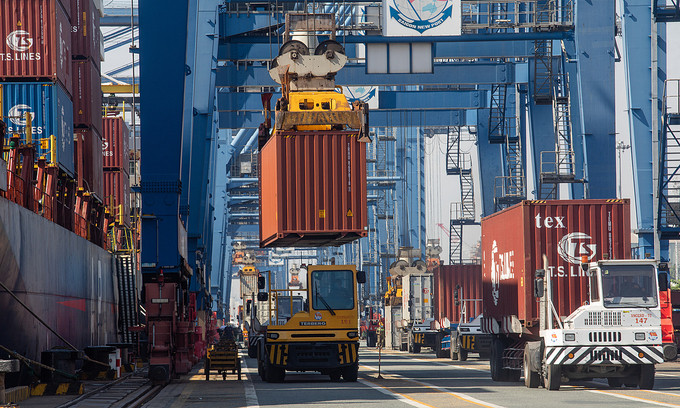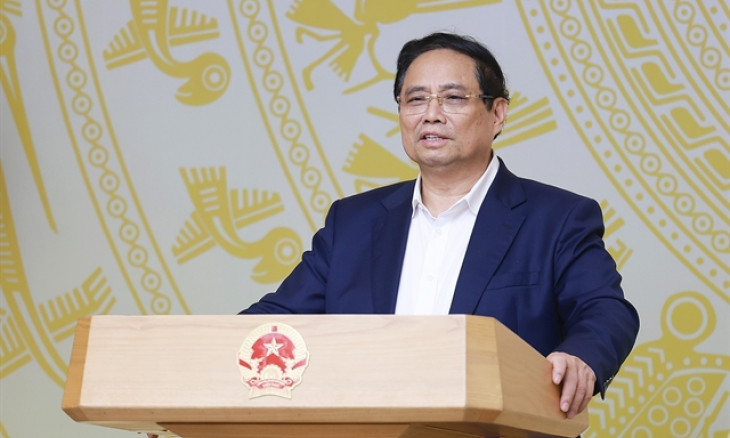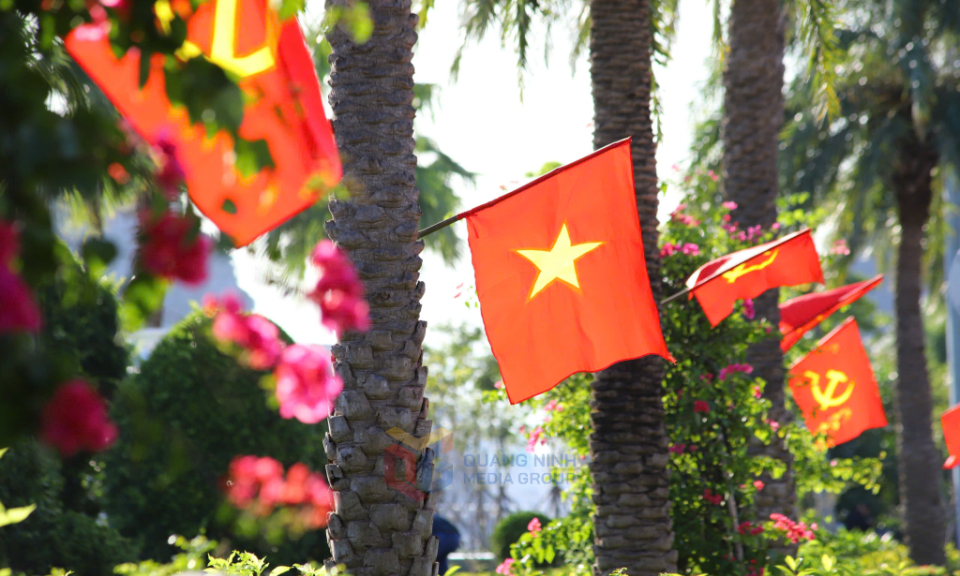Businesses, experts optimistic about economic recovery
The fastest first-quarter GDP growth in four years and a revival in orders have come as a shot in the arm for businesses after a challenging 2023.
The fastest first-quarter GDP growth in four years and a revival in orders have come as a shot in the arm for businesses after a challenging 2023.
Le Xuan Tan, a director of Dong Nai Province wood company Hanh Phuc, said it has gradually been receiving more orders so far this year.
"The [company’s] workforce is also recovering. We will recruit more so that by the end of the year we will have around 550 workers, around the same number as before [business declined last year]."
Some geopolitical and economic uncertainties still persist but there is overall optimism among businesses about a recovery this year, he added.
The owner of a food manufacturing company said he could now focus again on profits instead of mere survival unlike last year when the business took a huge hit and had to downscale the payroll and production.
"Orders have been flowing in since the end of last year. We have to work day and night to meet the demand."
Off to a good start
The economy grew by 5.66% in the first three months of 2024, according to data from the General Statistics Office (GSO).
"This is considered a positive start for Vietnam's economy this year," Nguyen Thi Huong, general director of the GSO, said.
This exceeded the best-case target set for the period, she said.
Industry and construction, which grew at 6.28%, was the main driver of growth in the period.
Services and agriculture-forestry-aquaculture both expanded but without meeting their growth targets.
Foreign trade jumped by 15.5% to US$178 billion.
Both exports and imports grew at the fastest rates since 2021 driven by strong demand for electronic and mobile phone products, according to a report by Singapore’s United Overseas Bank.
The semiconductor industry's revenues have been rising since mid-2023 and are expected to continue growing through this year, the report said.
Dr. Nguyen Quoc Viet, deputy director of the Vietnam Institute for Economic and Policy Research, said: "Economic recovery is not only driven by production and exports but also Vietnam’s ability to attract foreign investors."
Around $6.12 billion worth of FDI flowed into the country in the first quarter, a 13.4% year-on-year rise, according to the Foreign Investment Agency.
More foreign investment will boost GDP growth, employment and the construction sector in the coming quarters, according to UOB.
Many experts and analysts are forecasting that the country will achieve its 6-6.5% GDP growth target.
Not yet out of the woods
A vital issue at the moment is the large number of businesses exiting the market, Viet said.
Around 74,000 shut down while only 36,200 new ones were established and 23,600 resumed operations in the first quarter, official data showed.
"This indicates a decline in private investment," he said.
Minister of Planning and Investment Nguyen Chi Dung too spoke about this at a government meeting Wednesday, when he also noted that the lack of demand and high competition are the biggest challenges for manufacturing companies this year.
Inflation, is another concern, experts said. It had risen from 3.37% in January to 3.77% in March.
There are signs that the prices of oil and some other essential goods might rise in the coming months, dragging up the consumer price index, Viet said.
The Ministry of Planning and Investment too warned that rising global oil prices and sea and air freight costs could exacerbate inflation later in the year.
A rapid rise in prices could make the central bank cautious about making changes to interest rates, UOB said.
The State Bank of Vietnam is likely to maintain the refinance rate at the current 4.5% and focus on other measures to promote credit instead of lowering interest rates, it speculated.
Banking credit growth has been lackluster in the first quarter, falling to 0.26% from 1.99% a year earlier.
It could take some time for credit demand to increase, a UOB expert said.
Consumers are tightening their belts, resulting in weaker demand.
Some other factors stymieing Vietnam’s economic growth include legal hurdles plaguing the real estate market and slow improvements in productivity, the World Bank pointed out in a recent report.
To ensure sustainable growth in the upcoming quarters, authorities need to carefully monitor the economy and keep inflation under control so that it does not affect monetary and fiscal policies, Viet added.






